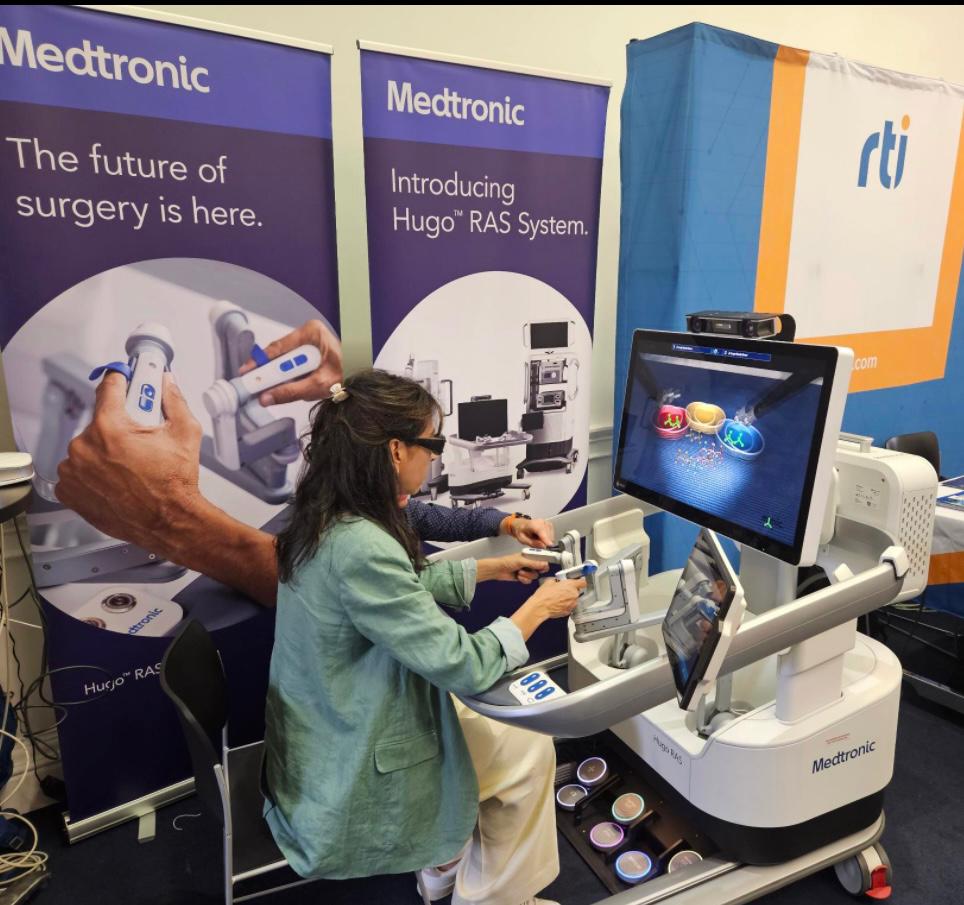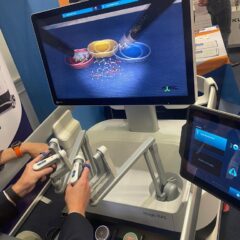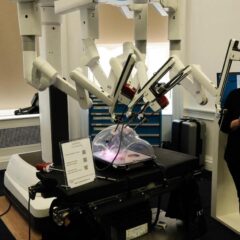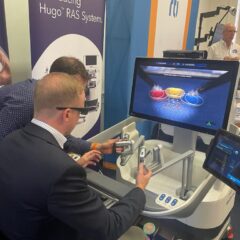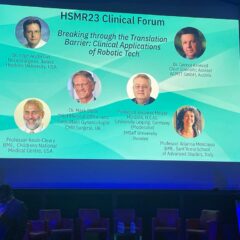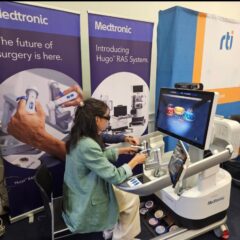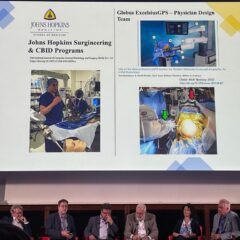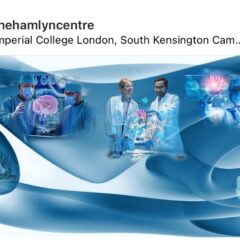Dr. Romero attended the Hamlyn Symposium in Medical Robotics at Imperial College London
Dr. Romero is an innovative healthcare professional. He demonstrates creativity, forward-thinking, and a willingness to explore new ideas and technologies. As a result, he continuously seeks ways to improve patient care and advance medicine. Moreover, innovative physicians look for novel solutions to clinical challenges. They also actively contribute to medical research, education, and healthcare improvements.
Medical robotics involves using robots in healthcare to assist with procedures, diagnosis, rehabilitation, and research. These systems perform tasks ranging from simple actions to complex surgeries. In many cases, surgeons, healthcare professionals, or autonomous systems operate them. As technology advances, their role in medicine continues to expand.
Medical robotics has several applications. For example:
•Robotic Surgery: Surgical robots enable minimally invasive procedures. Consequently, they improve precision, control, and visualization. The Da Vinci Surgical System, for instance, assists in prostatectomies, hysterectomies, and cardiac surgeries.
The benefits of medical robotics are significant. Notably, they increase precision, reduce invasiveness, and shorten recovery times. Additionally, they improve outcomes and expand access to healthcare. However, these technologies do not replace healthcare professionals. Instead, they complement and enhance their skills and expertise.
Furthermore, this field is evolving rapidly. In fact, advances in AI, machine learning, and robotic-assisted procedures continue to emerge. As a result, these innovations improve patient care, enhance surgical techniques, and drive medical research forward. Future developments could lead to even greater efficiency and accessibility in healthcare.
This field is evolving rapidly. In fact, advances in AI, machine learning, and robotic-assisted procedures continue to emerge. Dr. Romero attended Hamlyn Symposium, where experts discussed these advancements. As a result, these innovations improve patient care, enhance surgical techniques, and drive medical research forward.





